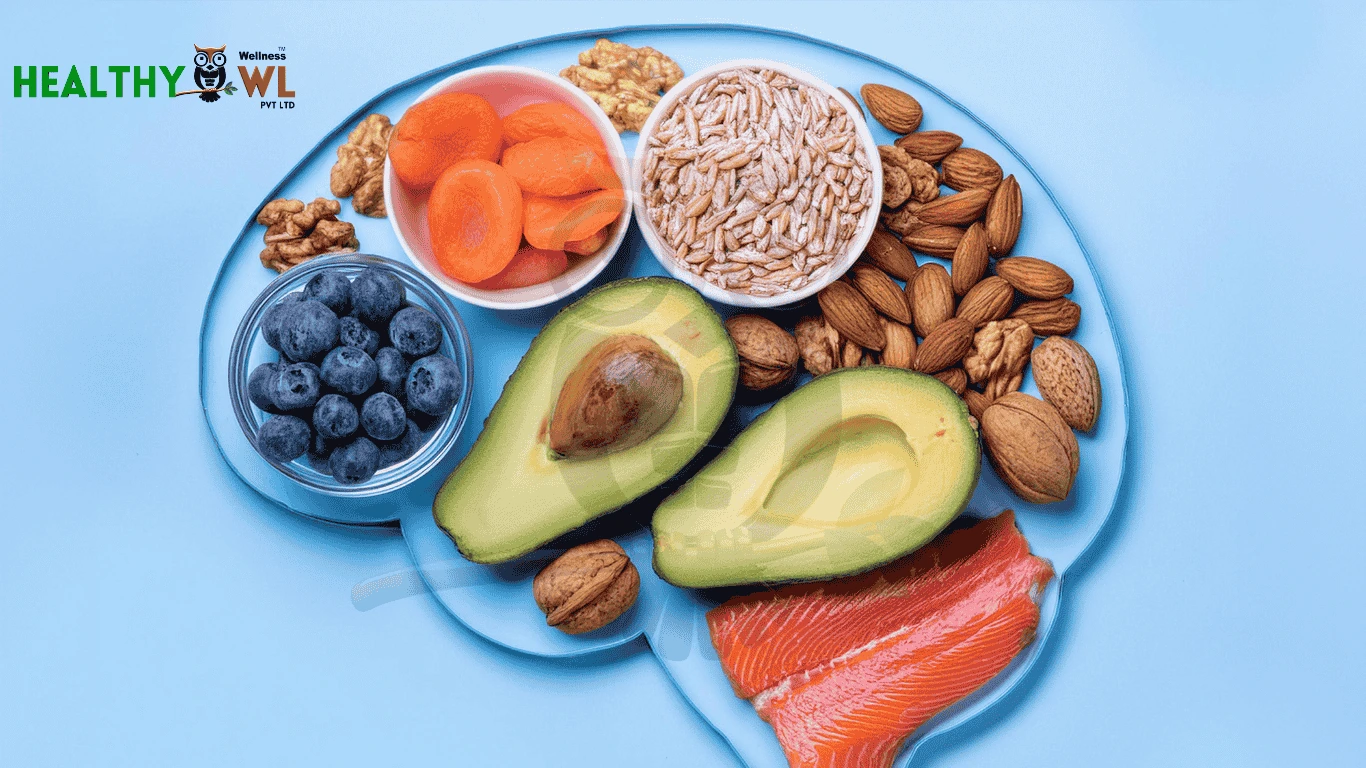In the world of health and nutrition, a “one-size-fits-all” diet rarely works. People often wonder why the same diet can lead to different outcomes for different individuals. The answer lies in the fascinating fields of nutrigenomics and nutrigenetics.(NIH)
Nutrigenomics focuses on how food and nutrients affect gene expression, shaping health and disease outcomes. Nutrigenetics, on the other hand, studies how genetic variations influence an individual’s response to specific foods. Together, they explain why the same diet can impact people differently.
Understanding these fields is crucial for designing personalized nutrition plans, preventing chronic diseases, and optimizing overall health.
What is Nutrigenomics?
Nutrigenomics is the study of how diet and nutrients influence the expression of genes. Essentially, it investigates how what we eat can “switch on” or “switch off” certain genes, impacting metabolism, inflammation, and disease susceptibility.
How It Works:
- Nutrients act as signals to the genes.
- They can activate or deactivate genes related to metabolism, inflammation, and energy production.
- These changes can affect overall health, weight management, and disease risk.
Examples:
- Omega-3 Fatty Acids: Found in flaxseeds, chia, and walnuts, they can reduce expression of genes involved in inflammation, lowering the risk of heart disease (Frontiers in Nutrition).
- Curcumin: The active compound in turmeric can modify gene expression related to inflammation and cancer prevention.
- Polyphenols: Present in fruits and vegetables, they can regulate genes controlling oxidative stress and aging.
What is Nutrigenetics?
Nutrigenetics examines how an individual’s genetic makeup influences their response to nutrients and diet. Different people may process or respond to the same nutrient differently due to genetic variations.
Examples:
- MTHFR Gene Variant: Individuals with this variant may have difficulty converting folate into its active form, requiring higher folate intake from diet or supplements (MedlinePlus – MTHFR Gene).
- Lactose Intolerance: Caused by genetic differences in the lactase enzyme, affecting the body’s ability to digest lactose.
- Caffeine Sensitivity: Certain CYP1A2 gene variants influence how quickly caffeine is metabolized, affecting sleep and heart health.
Nutrigenomics vs Nutrigenetics: Understanding the Difference
While these two fields are closely related, their focus is distinct:
| Feature | Nutrigenomics | Nutrigenetics |
| Focus | How diet and nutrients affect gene expression | How genetic variations influence response to nutrients |
| Goal | Understand how food impacts health and disease | Personalize diet based on genetics |
| Example | Omega-3 reduces inflammation genes (Nature Reviews Genetics) | MTHFR variant affects folate metabolism |
Key Insight:
- Nutrigenomics = diet → affects genes.
- Nutrigenetics = genes → affect response to diet.
- Together, they explain why some diets work for some people but not others.
Why Nutrigenomics and Nutrigenetics Matter
Understanding the interplay between genes and diet can transform health:
- Personalized Diet Plans: Diets can be customized to match genetic profiles, improving effectiveness.
- Disease Prevention: Identify genes related to heart disease, diabetes, or obesity, and adjust diet to reduce risks.
- Better Supplementation: Avoid nutrient deficiencies or excesses based on genetic needs.
- Weight Management: Genetics influence metabolism, satiety, and fat storage, helping tailor strategies.
Gut Microbiome as a Mediator of Gene–Diet Interactions
The gut microbiome acts as a middleman between diet and gene expression. What you eat influences your gut microbes — and in turn, microbial metabolites influence your genes.
Role of Fiber and SCFAs
When you eat fiber (fruits, vegetables, legumes, whole grains), gut microbes ferment it into short-chain fatty acids (SCFAs) such as acetate, propionate, and butyrate.
- Butyrate is a powerful epigenetic regulator. It can “switch on” anti-inflammatory genes and “switch off” pro-inflammatory ones, reducing systemic inflammation and boosting immunity.
(Valdes et al., BMJ, 2018; Canani et al., Nat Rev Gastroenterol Hepatol, 2011)
Microbiome–Gene–Immune Axis
Certain bacteria like Faecalibacterium prausnitzii and Roseburia produce higher levels of butyrate, supporting gut barrier integrity and lowering risk of inflammatory bowel disease.
Diets rich in polyphenols (berries, green tea, cocoa) also interact with microbiota to produce metabolites that regulate immune-related gene pathways.
This makes the microbiome a switchboard that converts food into genetic and immune signals affecting metabolism, inflammation, and disease risk.
(Kau et al., Nature, 2011; Wong et al., Genome Medicine, 2015)
How to Get Started
- Genetic Testing:
Use DNA testing kits to identify genetic variants affecting nutrient metabolism and health risks.
- Consult a Nutrition Expert:
Work with dietitians or wellness coaches who understand nutrigenomics and nutrigenetics to create personalized plans.
- Monitor Progress:
Track biomarkers, weight, energy levels, and other health indicators to optimize your nutrition strategy.
- Diet Adjustments:
Incorporate foods that support gene expression positively while avoiding triggers based on genetic predisposition.
Multi-omics Integration: The Future of Nutrition
Modern nutrigenomic research now uses multi-omics approaches — combining genomics, epigenomics, transcriptomics, metabolomics, and microbiome data — to map how diet affects entire gene networks.
This integrated approach, also called nutri-omics, helps create personalized diets based not just on your DNA, but also on your metabolic and microbiome profile.
🔗 Read more in this Multi-Omics Approaches in Nutrition research collection.
Soon, your nutrition plan could be as unique as your fingerprint.
Conclusion
Nutrigenomics and nutrigenetics together explain the complex relationship between food and our genes. While nutrigenomics shows how diet influences gene expression, nutrigenetics highlights how genetics affect nutrient response.
Together, they reveal why the same diet can have different effects on different people, emphasizing the importance of personalized nutrition. By understanding your genetic blueprint and making informed dietary choices, you can optimize health, prevent disease, and achieve long-term wellness.
Take the Next Step Toward Personalized Nutrition
At Healthy Owl Wellness, we believe that no two bodies are alike — and neither should their diets be. If you’re ready to unlock the power of nutrigenomics and nutrigenetics to create a personalized nutrition plan tailored to your unique needs, we’re here to help. 👉 Contact Healthy Owl Wellness today to book a consultation and start your journey toward better health, more energy, and disease prevention through science-backed personalized nutrition.












